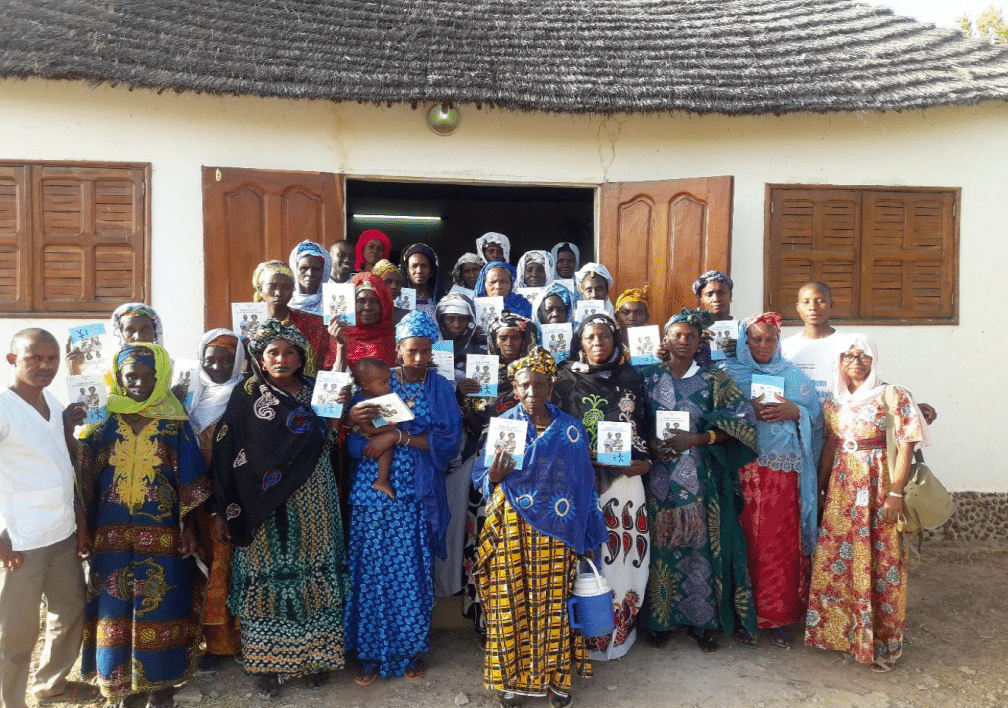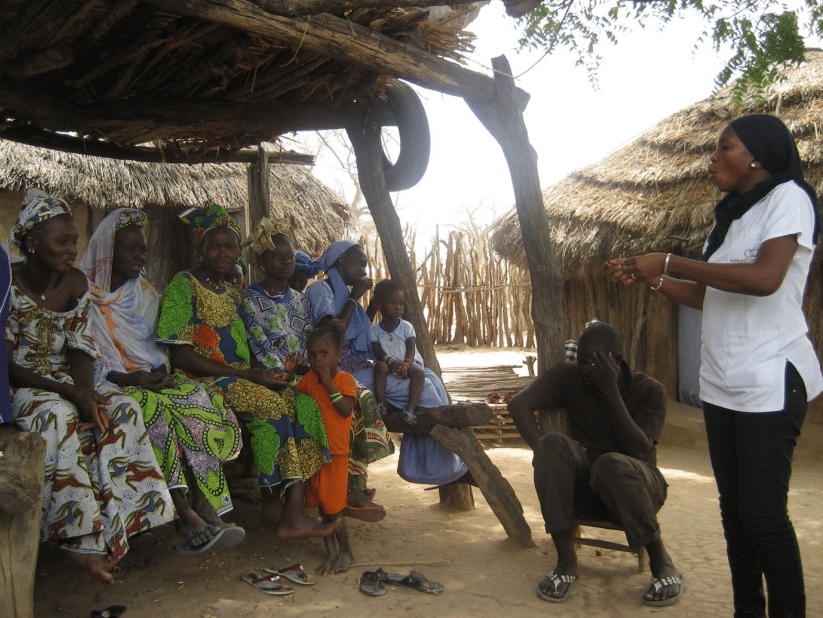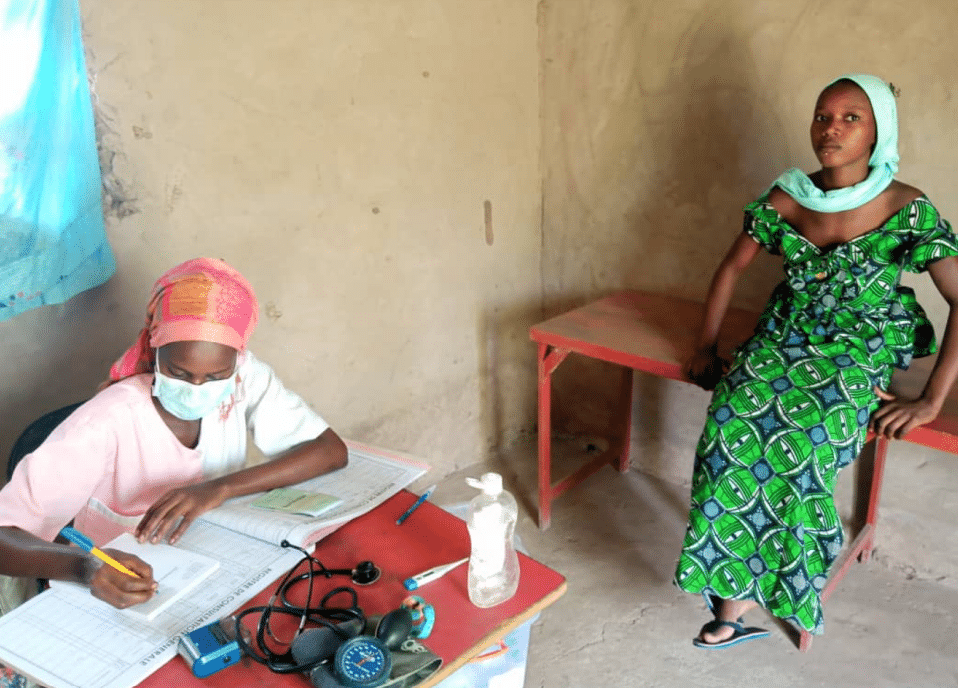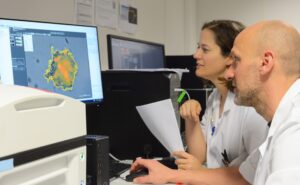
A Medical Background
The Foundation was created in 2000 by doctors Patrick Dewavrin and Gilles Degois. For Patrick Dewavrin, he knew he wanted to invest himself in a philanthropic activity of general interest after creating successful medical establishments in France in 1990. Having a background as a doctor, he says, “I very naturally chose a medical theme.” Now, the foundation has established maternity wards and mobile teams that visit more than 60 villages in eastern Senegal. The foundation supports the health of women by detecting high-risk pregnancies, training midwives, teaching contraceptive methods and promoting health education.

Threats Posed to Pregnant Women
In Senegal, the remoteness of health posts and maternity wards poses as a threat to pregnant women, as they cannot have their pregnancy monitored and are forced to give birth in the village. As in many other countries in Africa, pregnant women experiencing pregnancies are at risk for health complications in themselves and in their child, due to a lack of medical monitoring. Accessing medical infrastructures is difficult because of the long journey required; they can take up to six hours by cart. During the rainy season, some villages are completely inaccessible. Before the advent of modern obstetrics, in the United States as in Europe, nearly one in 15 women died during pregnancy. This is always the case in outlying Senegalese villages far from health facilities. “Several ethnic groups in Africa are aware of the dangers of pregnancy. In some, it is said that a pregnant woman is a woman who goes to war! The danger is the same!” exclaimed Patrick Dewavrin, co-founder of the foundation. The health posts that do exist are underfunded and often do not have midwives, as the health sector in Senegal does not have the means to finance mobile teams.
Establishing Medical Support and Promoting Education
To combat the difficulty in accessing medical support, the foundation has created mobile teams, made up of midwives who consult in the villages every month. More than 60 villages are regularly visited. In partnership with the Senegalese authorities, the foundation has created several medical centers with maternity wards. All medical staff are Senegalese and in each village, they train referent women who encourage women to have their pregnancies monitored and to space out their births.
Health education sessions are also organized in the villages. They are led by nurses or midwives. The themes include birth spacing, prevention of malaria by impregnated mosquito nets, the fight against schistosomiasis, and the importance of prenatal consultations, childhood vaccination, and personal hygiene. Educating women on topics such as these can help prevent potentially disastrous diseases, such as malaria, and hopefully maintain healthy pregnancies and children.
Apart from visiting villages and equipping them with the medical assistance necessary, the foundation plans to construct “houses for moms.” These houses will be built next to maternity wards to give women the opportunity to rest and benefit from medical supervision at no cost, during the eight days preceding childbirth.
Partnering with Friends of Fondation de France
Fondation pour une Maternité Sans Risque first started partnering with Friends of Fondation de France to publicize their action in the USA and find partners. In order to reduce maternal mortality, provide quality care, and promote health education. U.S. donations help finance mobile consultation units, maternity wards, and houses for moms. One immediate goal is to send more mobile medical teams to remote villages. So more than ever, your donation can make a difference!



